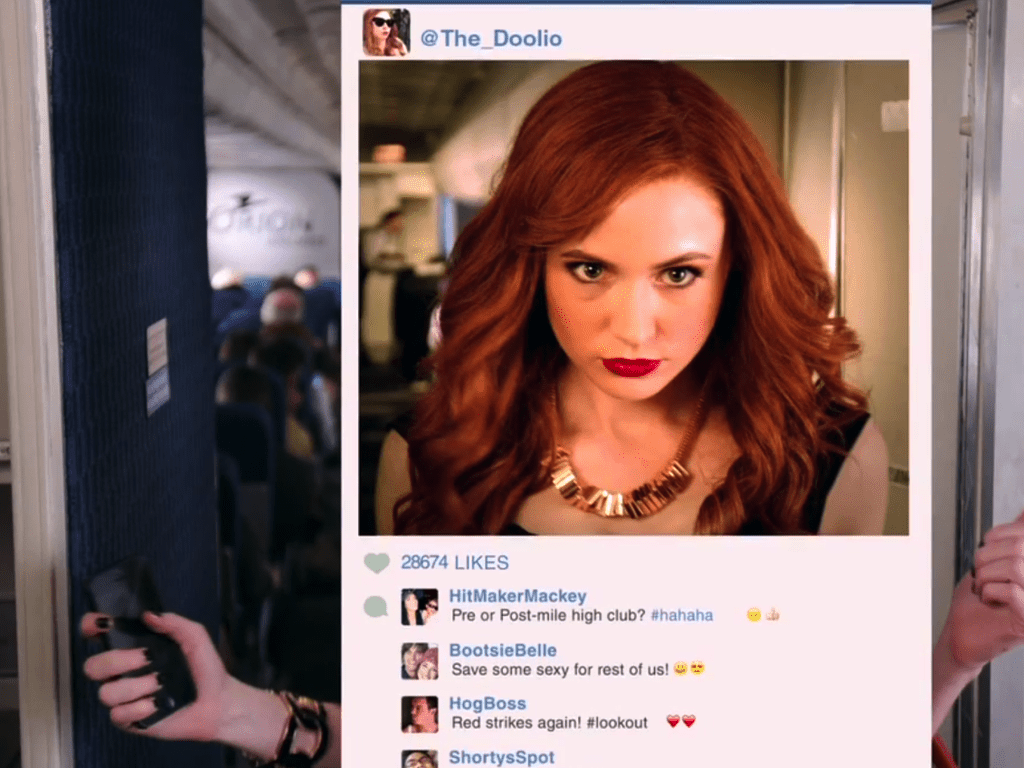Your cart is currently empty!

Facebook Getting Rid of Likes
Now that Instagram has started hiding Likes, Facebook is doing the same. Just like Instagram (which Facebook owns), Facebook is rolling the change out in various countries before including the United States in the move.
Facebook Likes are a vanity metric for most businesses, and Likes don’t usually correlate with sales or other business KPIs. But many people pay attention to them, and use their Likes as validation of their self-worth. Or something.
That’s a big part of the problem, and it’s the reason Facebook is giving for removing Likes. Pew Research found that teens felt pressure to get lots of Likes on their social media posts, and even adults talk about racking up social media likes as “getting love.”
People will still be able to Like posts, and users will see their own Like counts, but that big, public Like count will no longer be visible.
Medical (mis)information
Social media algorithms often use Likes as part of their decision-making on the value of posts. That means that posts with more Likes get shown to more people. The BBC gave the example of an Instagram influencer who touts celery juice as a cure for cancer and diabetes. YouTube explained their acceptance of this YouTuber by saying that their videos “don’t encourage dangerous activities that risk serious physical harm or death.” We’re not sure we agree. Drinking celery juice is fine, but rejecting medical treatment in favor of crazy talk could have some negative consequences. Even if it won’t lead to death, is not leading to death really the bar we want to set?
Facebook (along with other social media platforms) is trying to reduce the amount of medical misinformation shown on its platform. But Facebook is also questioning whether they, or Pinterest or Google or other large-scale publishers are the right people to make decisions about medical information.
Facebook recently had an episode that points up some of the problems here. A Facebook page posted a video claiming that abortions are never medically necessary. Facebook posted a fact-check notice after several doctors at Health Feedback shared medical information.

So far so good under Facebook policies.
Then five senators wrote a letter accusing Facebook of censorship. Facebook removed the fact check notification — but not the controversial video. More attacks on Facebook followed.
Facebook finds itself in a bit of a “damned if you do, damned if you don’t” situation, being blamed both for misinformation on its site and for censorship when it fact checks or removes misinformation.
But allowing Likes to determine the influence of a post (or its Edgerank) leaves out information about the accuracy of the post or the responsibility of the poster.
End of Likes
So getting rid of Likes could improve mental health among users, reduce misinformation on Facebook, and even make Facebook more fun. Will it hurt your brand?
In same cases — less so for Facebook than with Instagram — Likes are currency. Having a bunch of Like proves that your post is valuable and that you are legit. At least legit enough to be paid for your Facebook activity. But for most professionals, local businesses, and online shops, Facebook Likes don’t correlate with actual business goals. They’re easily manipulated and even bought.
In terms of marketing, they’re a distraction.
If you’ve been relying on Facebook Likes to measure the value of your content marketing, this could be a good time to reexamine your metrics.
by
Tags:

Leave a Reply